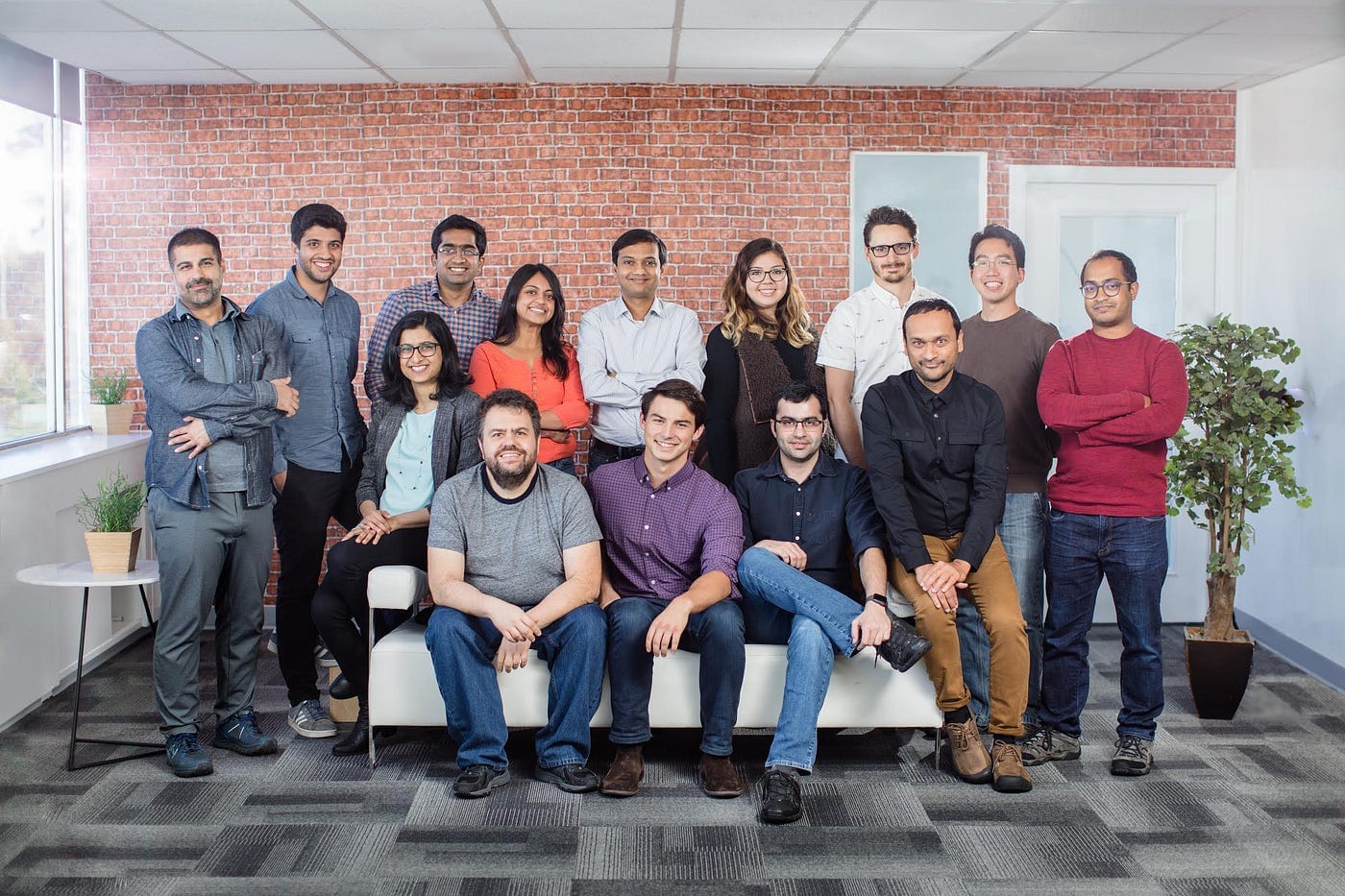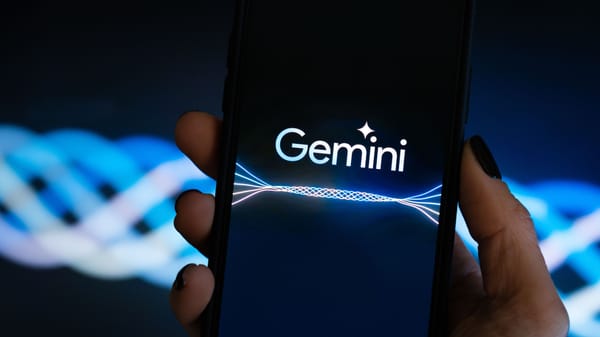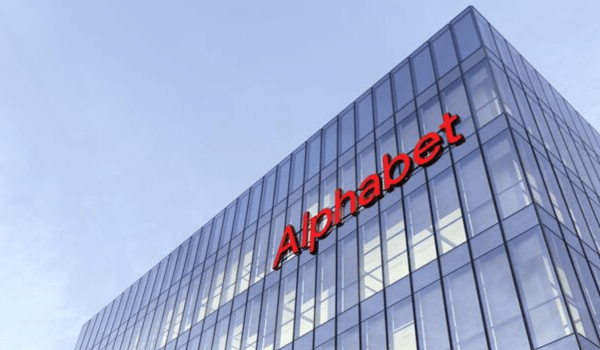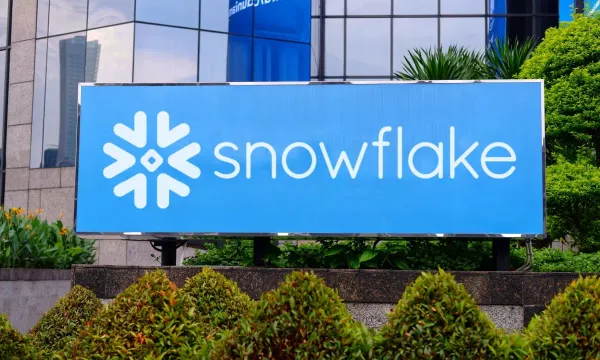6 Companies OpenAI has Acquired so Far
In its largest acquisition to date, OpenAI acquired io, an AI hardware startup founded by former Apple design chief Jony Iv

OpenAI, renowned for its advancements in artificial intelligence, has strategically expanded its capabilities through several key acquisitions. These acquisitions aim to bolster OpenAI's expertise in hardware, software, and data analytics, positioning the company to deliver more integrated and innovative AI solutions.
Below are six notable companies that OpenAI has acquired:
1. io (Acquired in 2025)
In its largest acquisition to date, OpenAI acquired io, an AI hardware startup founded by former Apple design chief Jony Ive, for approximately $6.5 billion.
This move signifies OpenAI's entry into the consumer hardware market, aiming to develop AI-powered devices that redefine user interaction.

"The io team, focused on developing products that inspire, empower and enable, will now merge with OpenAI to work more intimately with the research, engineering and product teams in San Francisco," OpenAI said in a blog post.
2. Windsurf (Acquired in 2025)
OpenAI acquired Windsurf, an AI-assisted coding tool company, for $3 billion. This acquisition enhances OpenAI's capabilities in providing advanced coding assistance, streamlining software development processes for users.
Windsurf, formerly known as Codeium, is a Silicon Valley-based AI startup revolutionising software development through its AI-native integrated development environment (IDE).
Founded in June 2021 by Varun Mohan and Douglas Chen, the company initially operated as Exafunction, focusing on GPU virtualization.
Recently, Windsurf announced the launch of its first family of AI models, SWE-1, designed to optimise the entire software engineering process, far beyond basic code generation.
3. Context.AI (Acquired in 2025)
OpenAI has recently acqui-hired Context.ai, a startup specialising in AI model evaluation and analytics. Founded in 2023 by former Google engineers Henry Scott-Green (CEO) and Alex Gamble (CTO), Context.ai developed tools that allowed developers to analyse and understand the performance of their AI models.

The company's flagship product was a dashboard that provided insights into how AI models responded to user queries, helping to address the "black box" problem in AI development.
4.Rockset (Acquired in 2024)
In 2024, OpenAI purchased Rockset, a real-time analytics database company. This acquisition allows OpenAI to integrate real-time data processing into its AI models, improving the responsiveness and accuracy of its services.
Rockset was a real-time analytics and search database company founded in 2016 by Venkat Venkataramani and Dhruba Borthakur, both former Facebook engineers.

The company specialises in enabling sub-second queries on real-time data, making it ideal for powering AI-driven applications such as chatbots, recommendation engines, and anomaly detection systems.
"We will integrate Rockset’s technology to power our retrieval infrastructure across products, and members of Rockset’s world-class team will join OpenAI," OpenAI said back then.
5. Global Illumination (Acquired in 2023)
OpenAI's acquisition of Global Illumination, a company specialising in creative tools powered by AI, marked its foray into enhancing digital content creation. This move supports OpenAI's mission to democratise access to creative AI tools.
Founded by Thomas Dimson, Taylor Gordon, and Joey Flynn — all of whom previously worked at companies like Instagram, Facebook, and Google — the team brings deep expertise in social media, consumer tech, and product design.
The entire team joined OpenAI to work on our core products, including ChatGPT.
6. Multi (Acquired in 2024)
Last year, OpenAI acquired Multi, a startup focused on collaborative software solutions. This acquisition aims to enhance OpenAI's offerings in enterprise collaboration tools, integrating AI to improve team productivity and communication.
Founded by Alexander Embiricos, a former product manager at Dropbox, alongside Charley Ho, a former engineer at Google, Multi’s videoconferencing platform, built on Zoom’s infrastructure, is designed specifically for developers.
It features real-time screen sharing that lets team members view each other’s displays while coding. The platform also allows users to open files and applications on colleagues’ machines and includes a built-in sketching tool for highlighting key elements on shared screens, enhancing collaboration.




